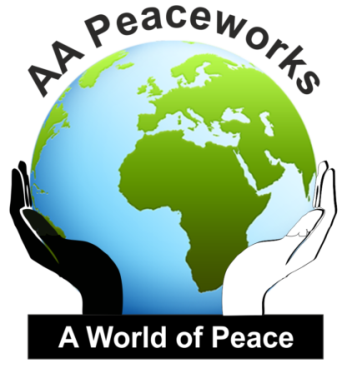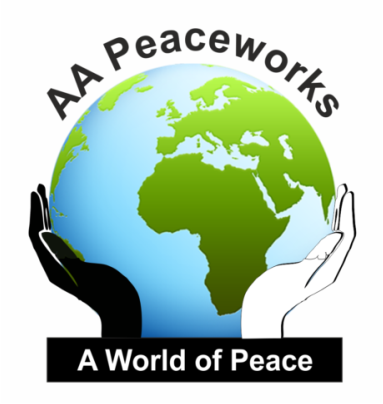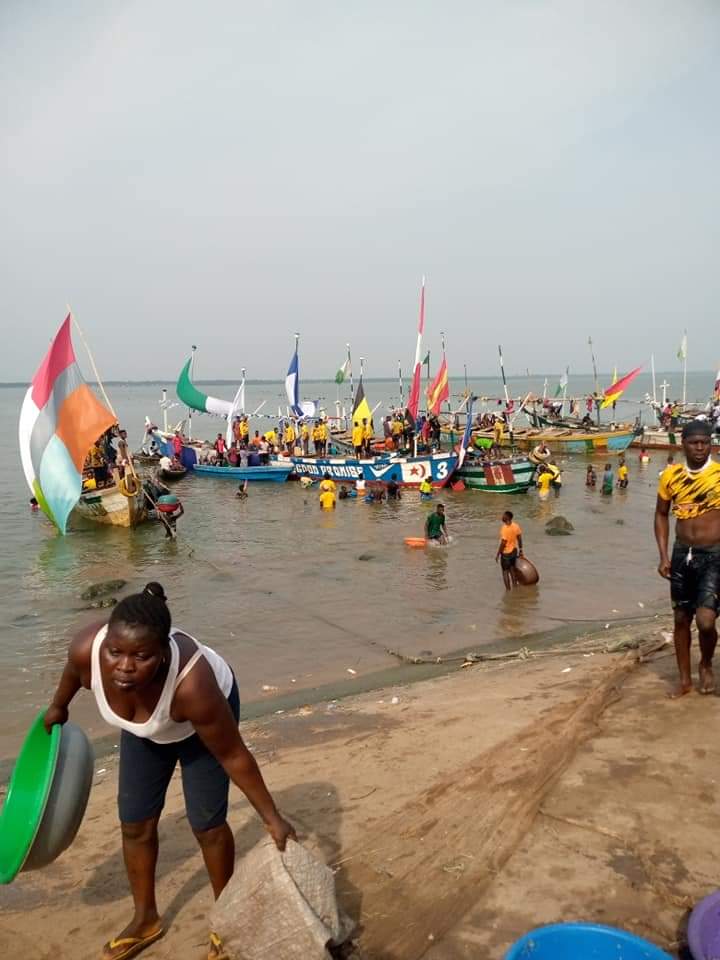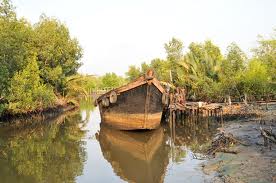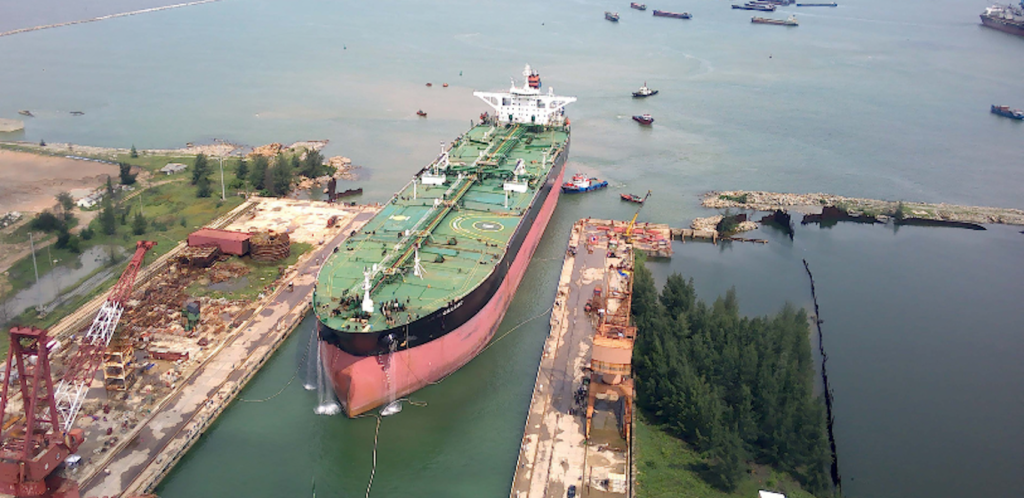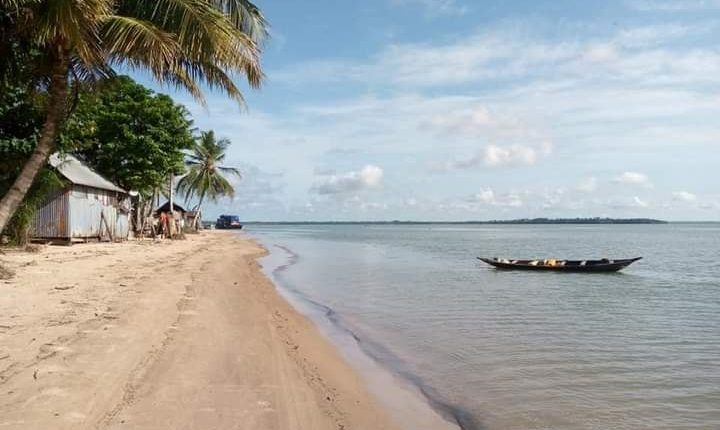Climate Change, Insecurity, and Conflict in the Niger Delta- Ogulagha
Introduction
A new project is coming to your community!! It is on the very important topic of climate change, especially as it relates to potential conflict. We now know that the climate is changing all over the world and the West African coastline is no different. This can result in conflict between or within communities, as people compete for scarce resources, such as land, fishing areas, clean water etc. The new 3-year project, funded by the European Union is called “Coping with Climate Change as a Cause of Conflict in Coastal Communities of West Africa (C7-WA). There are 3 partner organizations on the ground in West Africa. Health of Mother Earth Foundation based in Benin City (HOMEF) has conducted an extensive study of climate change issues in the 5 Niger Delta states in the study, as well as Togo and Senegal. Academic Associates PeaceWorks (AAPW), based in Port Harcourt, is responsible for community mobilization to build citizens’ capacity to respond to climate change in a positive way. The West African Network for Peacebuilding (WANEP) based in Accra, Ghana is monitoring climate change and conflict, and feeding the information into the ECOWAS early warning system. The coordinator for the project is the Italian Maritime Academy, Fondazione Accademia Italiana della Marina Mercantile (FAIMM) which will be training security agencies on climate change issues.
Using knowledge from the project research and global best practices, AAPW will establish a Community Stakeholders Network, in each of the 10 project communities (2 per state in the 5 project states: Delta, Bayelsa, Rivers, Akwa Ibom and Cross River). Each CSN will consist of 15 community stakeholders who represent various sectors of the community – such as a traditional ruler, local government, religious leader, men, women, youth, etc. The CSNs will then be trained to analyze climate change issues and helped to deliver innovative solutions to the climate change challenges in the region. Preventing conflict and increased criminality are important parts of the project.
The AAPW/HOMEF team is coming to your community to share the results of the research study, as well as a community entry and stakeholders mapping exercise done within the past few months. We will be working with you over the next 2 ½ years to identify your community’s needs and concerns, so please contribute freely to the discussion. Below are key points raised during the earlier community entry and stakeholders mapping visit:
Ogulagha Communities Climate Change Issues
- Insecurity (piracy, kidnapping, sea robbery, etc.)
- Rise in sea level, sea surge, erosion and flooding
- Low fish catch
- Boat mishaps due to turbulent sea and fishermen missing their direction due to unpredictable change in wind direction
- Unknown sea weeds tangling and destroying fishing nets in the sea
- Unpredictability of fishing season
- High rate of mangrove cutting for construction of houses
- Use of wood from the fresh and mangrove forest as main source of energy for cooking and processing of fish
- Incessant oil spills, bunkering and artisanal refining
- Poor domestic and industrial (oil company) waste management
- Lack of potable water
- High soil water content and salinity
Current Ogulagha Community Adaptation and Mitigation Strategies
- Adopt multiple fishing methods with different types of fishing net
- Local coastline embankment with the use of timber by communities, while the oil companies, used heavy stones or construction of concrete shoreline embankment
- Wooden houses with zinc roofs built on stilt
- Use of local water filtration system made with mud
Questions for Discussion
- As a community member, what adaptation and mitigation strategies would you recommend to each of the above issues if any?
- What skills are available in the community that will be useful to the adaptation and mitigation strategies you have recommended?
- What are the current adaptation and mitigation strategies in the community?
- What can community members do collectively that are different or supportive to improve the current adaptation and mitigation practices?
Godson Jim-Dorgu, Tega Edeki and Ken Omavuayenor. For AAPW


